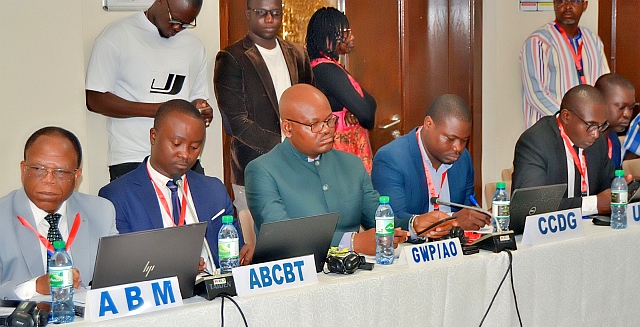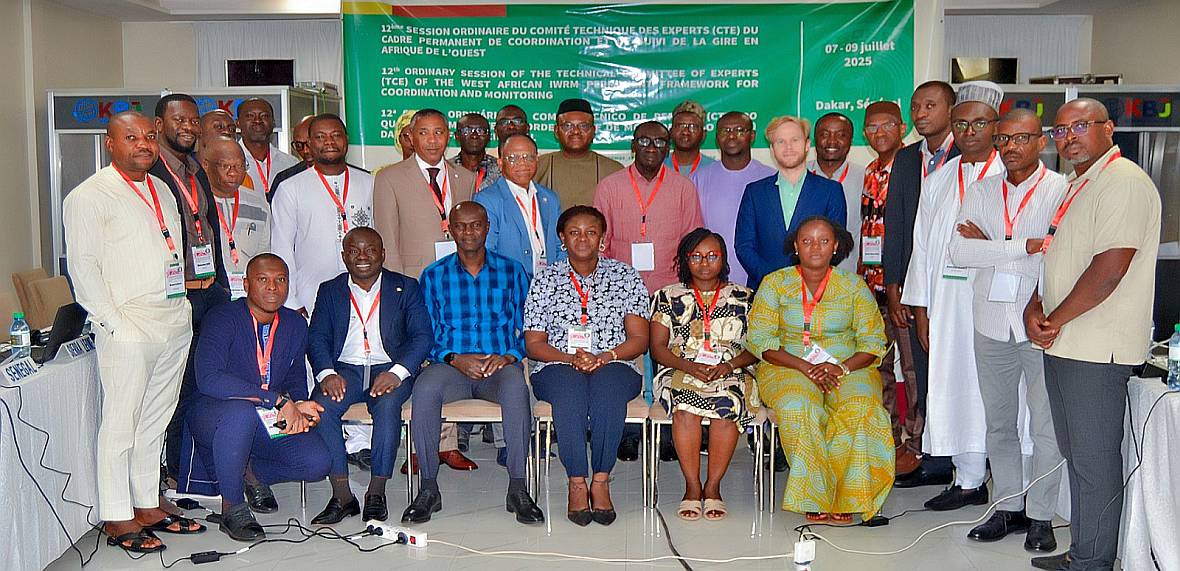The objectives of the Training on developing climate resilient water investment programs and projects and integrated approach are to:
- Equip the technical experts that are leading the process for developing national climate resilient water investment programs with the required information, knowledge and materials
- Provide technical support for developing climate resilient water investment programs.
- Sharing of experiences between countries in ECOWAS region on the different steps of developing climate resilient water investment programs
- Enhance capacity on integrated water resources management
- Enhancing capacity for water investment monitoring, tracking and reporting – AIP PIDA Scorecard
- Enhancing understanding of climate finance and preparing of project concept notes for GCF investment and climate rationale
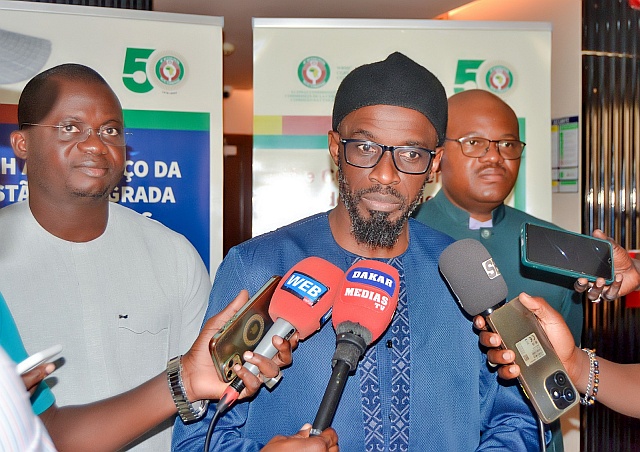 The expected outcomes are:
The expected outcomes are:
- Technical experts that are participating in the training increase their understanding and knowledge of how to prepare project concept notes for GCF Investment. Additionally, they technically supported and capacity enhanced and advanced in national climate-resilient development processes.
- Increased understanding of the integrated approach in management and development of water resources
- Capacity enhanced in climate rationale and finance
- Knowledge and experiences shared among the countries the region in areas of climate resilient water investment projects and financing.
- Capacity enhanced in monitoring, reporting and tracking of water investments.
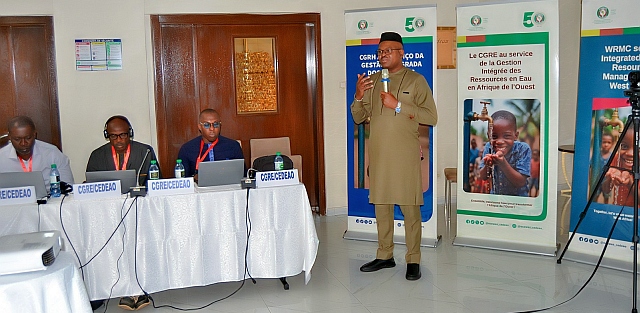 The training gathered around 47 Experts (National Focal Points and TBO Focal Points) in programming investments in water sector from the ECOWAS member countries. The training was facilitated by the AIP Secretariat, GWP West Africa.
The training gathered around 47 Experts (National Focal Points and TBO Focal Points) in programming investments in water sector from the ECOWAS member countries. The training was facilitated by the AIP Secretariat, GWP West Africa.
Water is a vital resource for overall socioeconomic development of Africa and is an instrument for regional integration. It is also critical in building climate resilience in the continent as well as, in sustaining natural ecosystems. The sustainability of Africa’s economic growth and development will depend on what happens to water resources on the continent. Water is a key input to economic growth sectors and contributes to employment, job creation and development. Water contributes significantly to achieving targets of Africa under the SDGs, the Paris Agreement, and the Sendai Framework on Disaster Risk Reduction.
Agenda 2063 is Africa’s blueprint and master plan for transforming Africa into the global powerhouse of the future. Aspiration 7 of Agenda 2063 seeks to place Africa on the path to inclusive and sustainable development and emerge as a dominant player on the global scene.
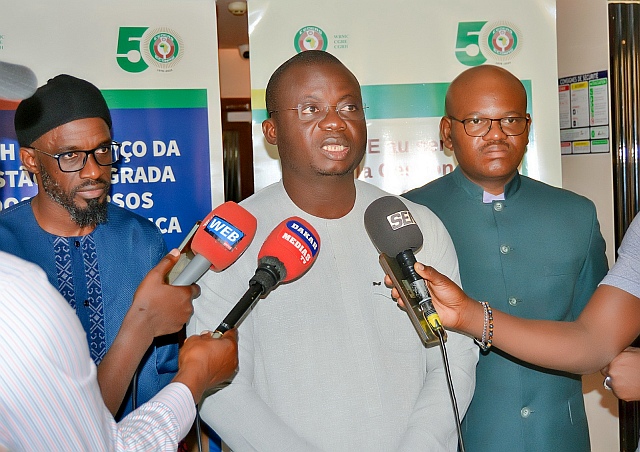 The Continental Africa Water Investment Programme (AIP), adopted by African Heads of State in 2021 as a PIDA initiative, is the AU’s flagship response to transform the continent’s water investment landscape. Recognised under the AU Climate Strategy (2022–2032), the AIP is unlocking ambition, reform, and financing to close Africa’s water investment gap by 2030. In addition, improve the water investment outlook, underpinned with AIP PIDA Scorecard to help tracking, reporting and monitoring of water investment in the Continent. The AIP identified the following gaps:
The Continental Africa Water Investment Programme (AIP), adopted by African Heads of State in 2021 as a PIDA initiative, is the AU’s flagship response to transform the continent’s water investment landscape. Recognised under the AU Climate Strategy (2022–2032), the AIP is unlocking ambition, reform, and financing to close Africa’s water investment gap by 2030. In addition, improve the water investment outlook, underpinned with AIP PIDA Scorecard to help tracking, reporting and monitoring of water investment in the Continent. The AIP identified the following gaps:
- Governance gap – In 53% of African countries, sub-optimal governance arrangements sustain the low implementation of coordinated approaches to water management, development, and sanitation services.
- Finance gap – at least an additional US$30 billion per year should be invested in water and sanitation in Africa by 2030.
- Capacity and data gap – 71% of African countries have inadequate capacity and information flow for the effective implementation of integrated water resources management.
Furthermore, the AU-AIP Multi-Country GCF Readiness Project initiative, where 1 Member States participating towards (1) enhancing country’s capacity for climate finance programming and for direct access to GCF resources with focus on water-related climate actions; (2) enhancing strategic frameworks for climate resilient water investment planning through the development of water investment programs; (3) advancing country pipelines through the development of Concept Notes; (4) establishing a continental knowledge and investment platform to facilitate learning and investment for water security in Africa.
